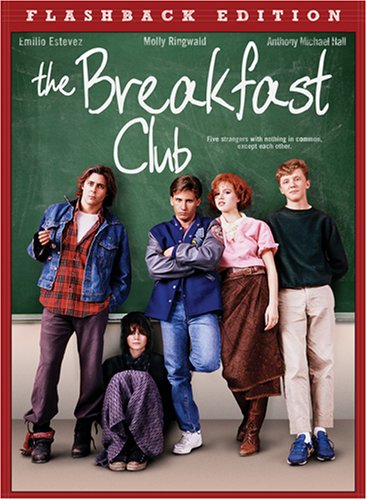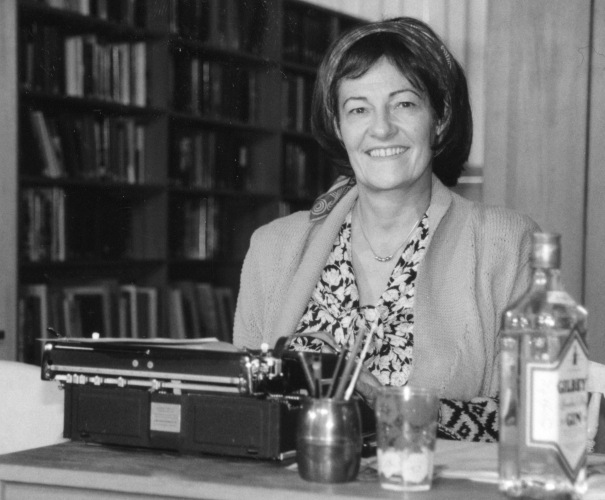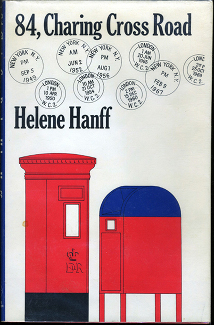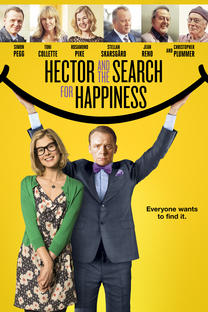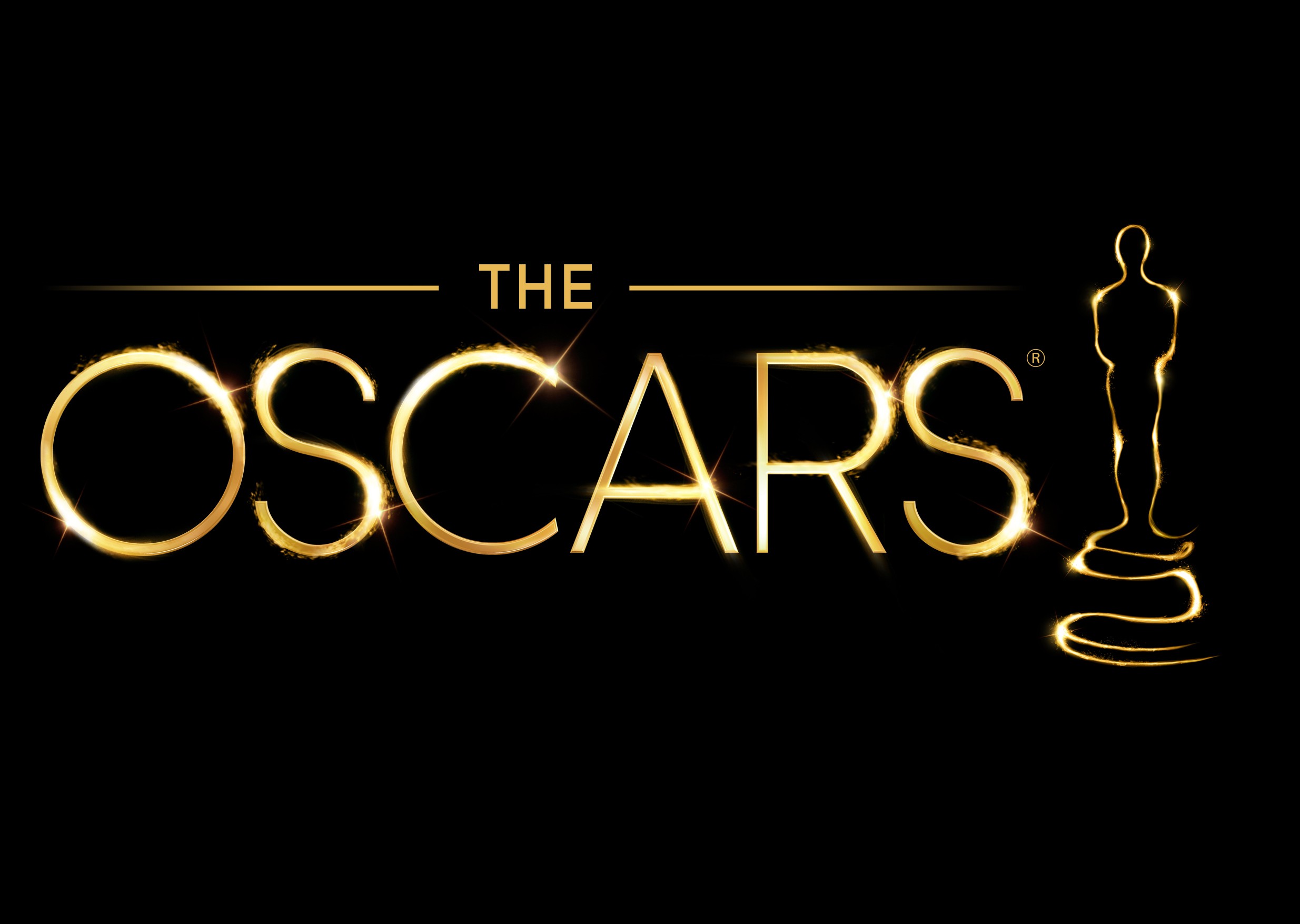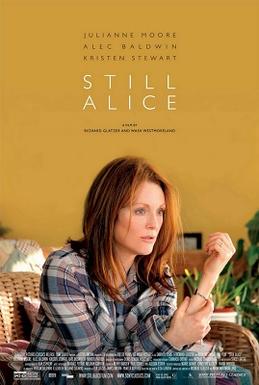
Dear Jodie,
I read the novel Still
Alice by Lisa Genova in one day, mostly with my mouth agape.
I'd heard of early onset Alzheimer's disease just like I'd heard
of a unicorn. A phenomenon (creature) far out there in the distance unlikely to
enter my mind except as a rare fleeting thought.
Harry Potter brought back the unicorn for me.
Still Alice
brought home early-onset Alzheimer's disease
Still Alice made
me laugh and cry. It thrilled me in the sense that I could not put the book
down. And oh how it made me think.
I'm still thinking.
I'm thinking about a painful interview I saw with Burgess
Meredith (Mickey in the "Rocky" movies) when he mentioned no less
than three times that his first movie was "Winterset," and a couple
of times looked like he didn't know where he was.
He was 88.
I'm thinking about the moving announcement
Charlton Heston made regarding his Alzheimer's diagnosis …
"If you see a little less spring in my step, if your name fails to leap to my lips, you'll know why. And if I tell you a funny story for the second time, please laugh anyway."
A plea from Moses. A plea from Ben-Hur. A plea from Charlton Heston.
He was 79
I am already seven years older than Alice Howland was when
she received her diagnosis. Fifty years old, Jodie! So young! The morning after finishing the
novel, I couldn't find where I had put my empty wine glass from the previous
evening (I'd put it on the fireplace mantel rather than the sink). I couldn't
find a particular shirt I wanted to wear that day (it was in my laundry basket
to be washed). I had to force myself to recall that no member of my known
family has ever been diagnosed with Alzheimer's. My uncle is 87. My aunt is 94. Both still hale, hearty, and
in possession of their minds.
But my father died at 48.
My sister died at 45. My mother
died at 65.
Might they have been …?
I thought about it too, Jodie.
The book brilliantly shows us a family dealing with the effects
of a disease we just don't hear much about. We hear about Alzheimer's,
yes. Not early-onset.
Powerful moments strike everywhere in the novel like when Alice tells
Anna and Tom of her condition. Later Tom says, "I don't have the mutation." Then Anna says, "But I do."
I cried as Alice replied, "I'm sorry."
Wow!
The book went well into the genetic testing so that Anna can
have children without the mutation.
The movie did not, but should have.
The novel rocked, Jodie.
I'm right there with you on that one.
So much so that while I am referencing passages for this review, I am
resisting reading the novel again.
The novel is full of small moments that resonate, too. Here's one. When Alice is checking out the
Alzheimer's facility, she remarks that there are only three male residents.
"Actually, only two out of the thirty-two residents are
men. Harold comes every day to eat meals with his wife."
I like Harold.
Unfortunately, Alice saw no other loved ones, and the two
male residents sat together away from the others.
Let me get to the movie. I did think more of it than you
did, but not by that much. Julianne Moore's performance alongside that of
Kristen Stewart (yes, there is life beyond "Twilight") was the movie
for me, and I thought both were wonderful. Moore's preparing for her talk with the written copy of her speech that
she highlighted as she read, moved me as well.
And her last shot with Kristen Stewart brought me to tears.
I did not like Alec Baldwin (I haven't liked him in much
since "The Hunt For Red October"), and Kate Bosworth came off as a
bit too … painted for my taste. Certainly nothing like an attorney.
In responding to your questions on the changes made, the
producers probably shot at Columbia in New York because Harvard wasn't
available or too expensive (or not). As
for the Yogiberry? Product placement
dollars (or sheer petulance)?
Yes, they bothered me, too.
Harvard was perfect, a world-renowned university. How many people even
in the U. S. know about Columbia University in New York?
I once heard a screenwriter remark on why he made certain
changes from the novel. "It's my story, now."
One that also bothered me was that they changed her from a
Psychology Professor who specialized in psycholinguistics to a Linguistics
Professor. What was the point? And why did the movie have her removed as a
Professor, instead of her understanding her own condition after awhile and resigning as
she did in the novel?
Ah, Jodie! Julianne
Moore is usually hit or miss for me, but in this one I think she shined, far
more so than Meryl Streep did in Iron
Lady for which she won the Oscar. This is a very different and more powerful Julianne Moore than the one in Mockingjay Part 1. Or
as Clarice Starling in the wretched Hannibal.
I just thought it was her time and her role.
As is usual for me, the novel far exceeded the movie, but I
cannot say the movie disappointed me.
Book 9 out of 10.
Movie 5 out of 10.

